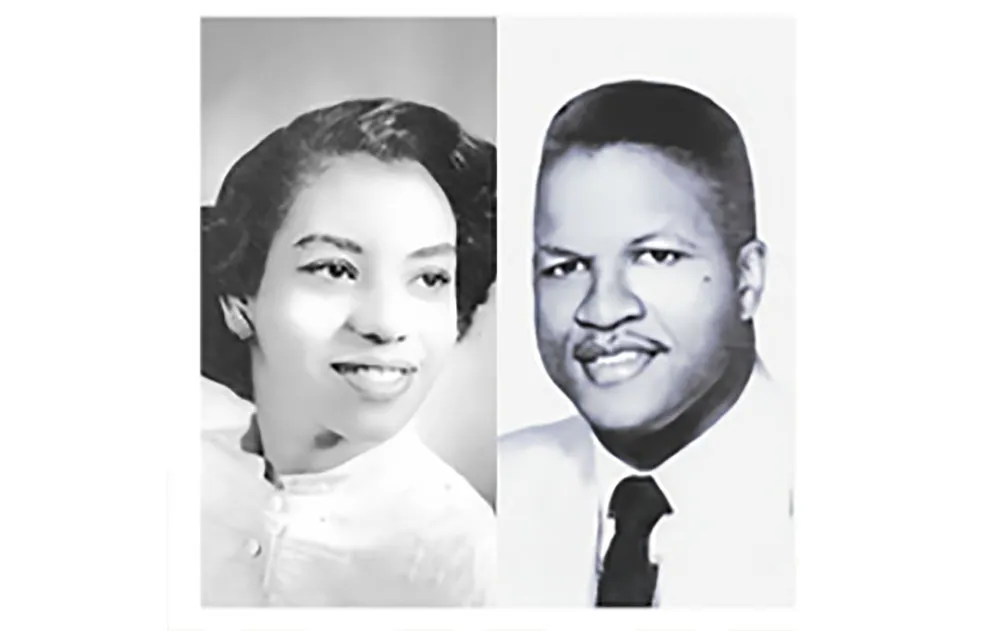
Charleston-native Modie L. Risher, Sr., a remarkable figure in the world of sports, education, and community involvement, left an enduring legacy in the wake of his 2016 passing. DeLaris Johnson Risher is a 93-year-old educator known for her pioneering role in integrating Scarritt College in Nashville, Tennessee in 1952, two years before desegregation in education was legally mandated.
Together, the Rishers raised two children, and became one of the most influential couples in their community – whose impact is still felt today.
Modie L. Risher, Sr. was an avid athlete and honor student at Burke High School and Allen University. He earned his master’s degree at Columbia University in New York City. As a professional baseball player in the Negro Leagues, Modie competed against legends such as Satchel Paige, Josh Gibson, and Jackie Robinson. He returned to Burke as a coach, leading the football team to the 1955 state championship.
Modie served in various athletic supervisory roles and was the first African American recipient of the Palmetto Touchdown Club’s “Official of the Year.”
Other accolades include the S.C. Basketball Officials’ Hall of Fame and the Lifetime Achievement Award from the Charleston Metro Sports Council. In 2006, the Burke gymnasium was named in his honor.
Community-minded Modie served as President and Executive Committeeman for Charleston County Precinct #13 and President for the Charleston Chapter of the National Federation of the Blind.
DeLaris Johnson Risher demonstrates a lifelong commitment to education and community work. In 2022, the Scarritt-Bennett Center honored DeLaris and Leila Robinson Dabbs’ remarkable journey as the first African American students to integrate the college in Tennessee with the naming of the Johnson Robinson House.
No stranger to challenging norms, DeLaris’ beginnings as a pioneering student led to a long and distinguished career as an educator, and yet another first: She later became the first African American Methodist deaconess. DeLaris’ strength and determination leaves an indelible mark on history.
Together, the Rishers worked to overcome racial discrimination in their community, serving as a reminder of the importance of breaking barriers and working toward a more inclusive and equitable future.
Presented through a partnership between the South Carolina Department of Education and South Carolina ETV.
View the series on KnowItAll.org here.
Download the SC African American History Calendar 2024 here.